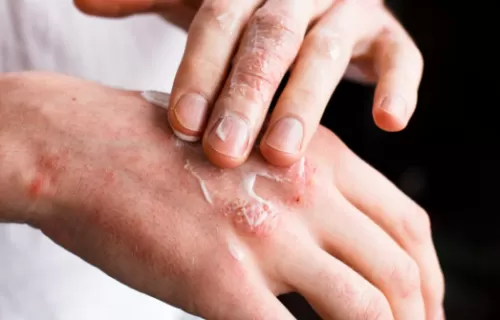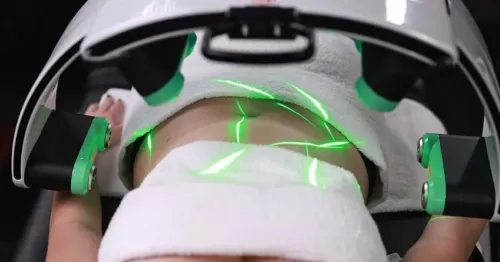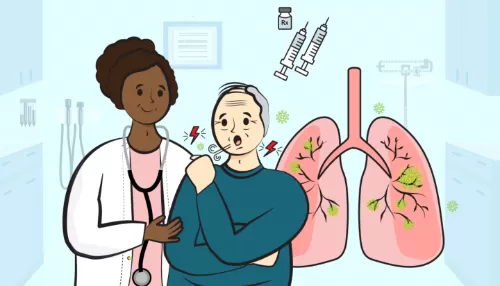Psoriasis Treatment for Older Adults in the US
Psoriasis, a chronic autoimmune skin condition, affects millions of Americans, including a significant portion of the middle-aged and elderly population. As awareness grows regarding its impact on physical and mental health, new treatment options and strategies are emerging, particularly for older adults. This article explores the latest trends and innovations in psoriasis treatment as we progress through 2024.
Related searches

Understanding Psoriasis
Psoriasis manifests as red, scaly patches on the skin, often accompanied by itching and discomfort. While it can develop at any age, many older adults experience a worsening of symptoms or the emergence of new plaques due to various factors, including hormonal changes, lifestyle, and co-existing health conditions.
Current Treatment Landscape
Topical Treatments: Traditional topical therapies, such as corticosteroids, vitamin D analogs, and retinoids, are still the first line of treatment. However, older adults may require careful monitoring due to skin sensitivity and the potential for side effects. Healthcare providers increasingly recommend lower-potency steroids or combination therapies to effectively manage symptoms while minimizing risks.
Systemic Treatments: For moderate to severe psoriasis, systemic treatments, including oral medications like methotrexate and cyclosporine, remain common. However, these treatments may pose risks for older adults, particularly regarding kidney function and potential drug interactions. Biologic therapies, such as etanercept (Enbrel) and adalimumab (Humira), have gained popularity due to their targeted action and favorable safety profiles, making them suitable for older patients who may not tolerate traditional systemic therapies well.
Phototherapy: Ultraviolet (UV) light therapy is an effective option for many older adults with psoriasis. Controlled exposure to UVB or PUVA (psoralen plus UVA) can significantly reduce symptoms, but it requires careful management to prevent skin damage. Teledermatology has emerged as a beneficial tool, enabling older patients to access phototherapy consultations without extensive travel.
Lifestyle Modifications: Emphasizing lifestyle changes is crucial in managing psoriasis. A balanced diet rich in anti-inflammatory foods, regular exercise, and stress reduction techniques can help mitigate flare-ups. Older adults are encouraged to stay hydrated and avoid known triggers, such as smoking and excessive alcohol consumption.
Emerging Therapies: Research into novel therapies continues to expand. New biologics and oral medications are in development, aiming to provide more effective and convenient treatment options with fewer side effects. Clinical trials focused on older adults are essential to ensure these innovations are safe and effective for this demographic.
Addressing Challenges
Older adults with psoriasis often face unique challenges, including comorbidities such as arthritis, cardiovascular diseases, and diabetes, which can complicate treatment plans. A comprehensive, multidisciplinary approach involving dermatologists, rheumatologists, and primary care providers is vital for ensuring optimal management.
Mental health support is also critical, as psoriasis can significantly affect self-esteem and social interactions. Encouraging older patients to seek support from mental health professionals or support groups can enhance their overall well-being.
Conclusion
As we advance into 2024, the landscape of psoriasis treatment for older adults is evolving. With a combination of traditional therapies, innovative biologics, and a focus on holistic management, healthcare providers are better equipped to address the unique needs of this population. Ongoing research and patient-centered care will remain pivotal in improving the quality of life for older adults living with psoriasis, providing hope and relief for those affected by this chronic condition.

High Paying Medical Assistant Training Programs with Free Trial Lessons

Understanding Medicare Coverage for Laser Fat Removal

Effective Ways to Prevent and Manage Cold and Cough

Understanding Narcolepsy: Symptoms, Treatments, and Best Medications

Leading the Way in Cancer Treatment and Research: A Guide to Top Centers and Breakthroughs

Unbelievable: This Swim Spa Keeps Selling Out








